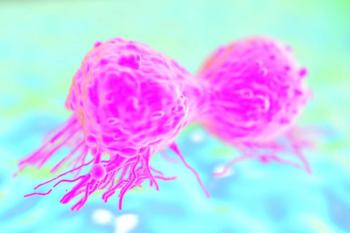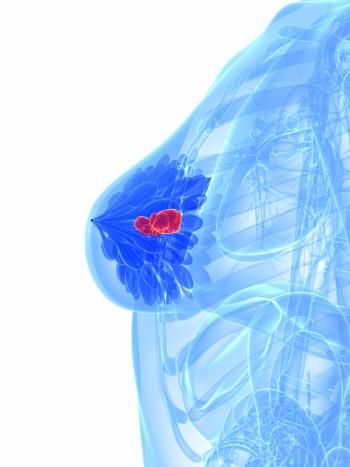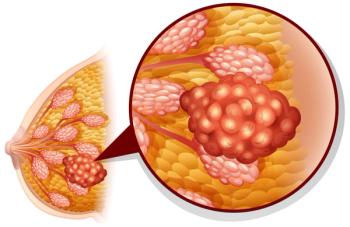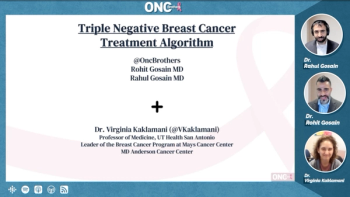
Targeting Triple-Negative Breast Cancer
In this interview we discuss the current challenges to treating triple-negative breast cancer and look at avenues of promising research.
As part of our coverage of the 33rd Annual Miami Breast Cancer Conference, held March 10-13 in Miami Beach, Florida, we spoke with Joyce O’Shaughnessy, MD, co-director of breast cancer research at the Texas Oncology–Baylor Charles A. Sammons Cancer Center in Dallas, Texas, who presented a review of novel strategies for targeting drivers of triple-negative breast cancer (TNBC).
Cancer Network: Why has treatment of TNBC proven to be so challenging?
Dr. O’Shaughnessy: Because of the biology and response to treatment. The heterogeneous subtypes of TNBC are very different and we do not yet have robust diagnostic tools to differentiate these subtypes.
Cancer Network: What’s known about the genomic and gene expression–based subtypes of TNBC-and how do these shed new light on treatment strategies?
Dr. O’Shaughnessy: The answers to this question are still very much in evolution. No genomic subtyping is yet of clinical utility in choosing best therapies for TNBC patients. In general, we think of TNBCs that are highly proliferative and sensitive to DNA-damaging chemotherapy, those that are more mesenchymal and invasive and not very responsive to chemotherapy, and those that express the androgen receptor (AR).
No assays have yet been validated except for AR-IHC, which can be used in metastatic TNBC to identify patients who may benefit from AR antagonists.
Cancer Network: What are the most promising genomic and genetic targets for treating TNBC?
Dr. O’Shaughnessy: There are three: 1) homologous recombination deficiency with sensitivity to DNA-damaging agents; 2) phospho-HER1/2 and activation of AKT; and 3) AR.
Cancer Network: Where do things stand with identifying patients with TNBC who are likely to benefit from platinum-based chemotherapy? Are there clinical or molecular biomarkers to identify these patients?
Dr. O’Shaughnessy: There are as yet no validated biomarkers that identify patients more likely to have platinum-sensitive TNBC. We await data on the HRD score from CALGB 40603. The I-SPY 2 pre-op trial of veliparib plus carboplatin suggested that there was a high pathologic complete response rate in TNBCs that had the lowest levels of HER2 and p-HER2 on RPPA.
Newsletter
Stay up to date on recent advances in the multidisciplinary approach to cancer.






































